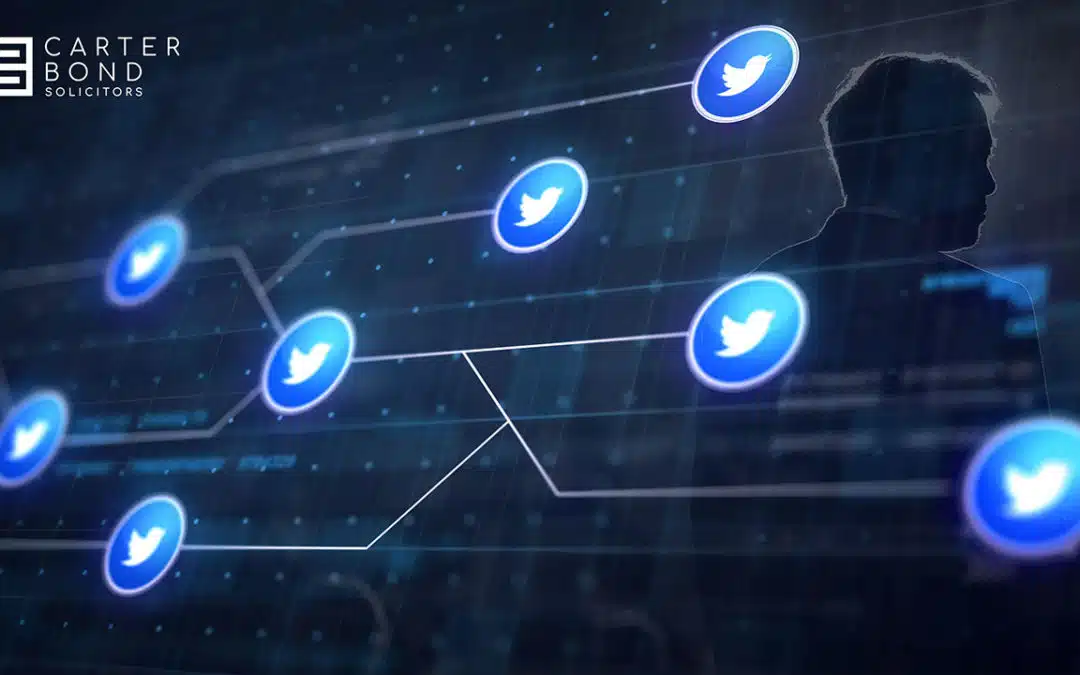Having just announced his withdrawal from his deal worth £36 billion to take over Twitter, Elon Musk’s reason for pulling out of the purchase was an alleged “adverse event”. Essentially, he claimed the platform had misrepresented matters and had failed to supply enough information to support its claim that under 5% of users are spam accounts.
As a result, the share price of Twitter has dropped, and the company’s difficulties have only been compounded by Mr Musk’s publication of various tweets outlining his allegations and encouraging regulatory investigations to be carried out. It’s not too surprising, then, that Twitter’s response has been to suggest Musk’s efforts to take over the company were just a joke, and his behaviour was just a “model of bad faith”.
Back in April, both parties signed an agreement, with Mr Musk committing to purchasing the company at a price of $54.20 per share. As part of the deal, a break-up fee of £830 million was also agreed. As you might imagine, neither of the parties now wants to pay this eye-watering sum, with Twitter’s board publicly stating it is still committed to the closure of the transaction as per the terms agreed. Twitter has also filed for court proceedings, with a claim that Mr Musk is obliged to comply with the terms that he agreed to.
Upon initially agreeing to the deal, Elon Musk set out explicitly an aim to improve the Twitter platform by ensuring spam bots were defeated and all humans were authenticated. An unexpectedly high amount of spam Twitter accounts would interfere significantly with his vision. But the surprise announcement seems have to triggered some speculation about his motives for withdrawing. After the news emerged that Tesla shares were going to be used for funding the deal, Mr Musk’s Tesla stake value dropped by over $100 billion, and its share price plummeted by almost 40%.
The situation has also led to more questions about an entity’s rights, both from the reputational and legal points of view, when one party reneges unexpectedly on an agreed deal and potentially makes accompanying public statements as well. There are a number of potential motives for withdrawing. For example, a party may consider abandoning the agreement to be the best option for its personal, financial, or commercial interests, or, on the other hand, it could be trying to obtain a strategic advantage for negotiation by using threats of this nature.
Of course, the matter between Musk and Twitter will be dealt with under American law. However, under English law, “caveat emptor” is the default legal position. Essentially, this means “buyer beware”. Generally, there’s no obligation for negotiations to be carried out in good faith, with each party being at risk from the other choosing the withdraw from the discussions without any good reason.
This can cause problematic results, such as incurring large professional fees which remain unrecoverable. Nevertheless, it’s possible to use heads of terms that are legally binding, or a form of “lock-in” agreement, that specifies parties are only permitted to exit the deal in specific circumstances or impose a requirement for negotiations to be carried out in good faith. However, such an arrangement will typically not be without its own complexities, both in respect of interpreting the contract and establishing whether a breach has taken place. Misrepresentation claims may also be potentially made.
As for the case of Musk vs. Twitter, the latter has submitted a request for a 4-day trial to be scheduled in September which will determined whether Mr Musk will be obligated to complete.

